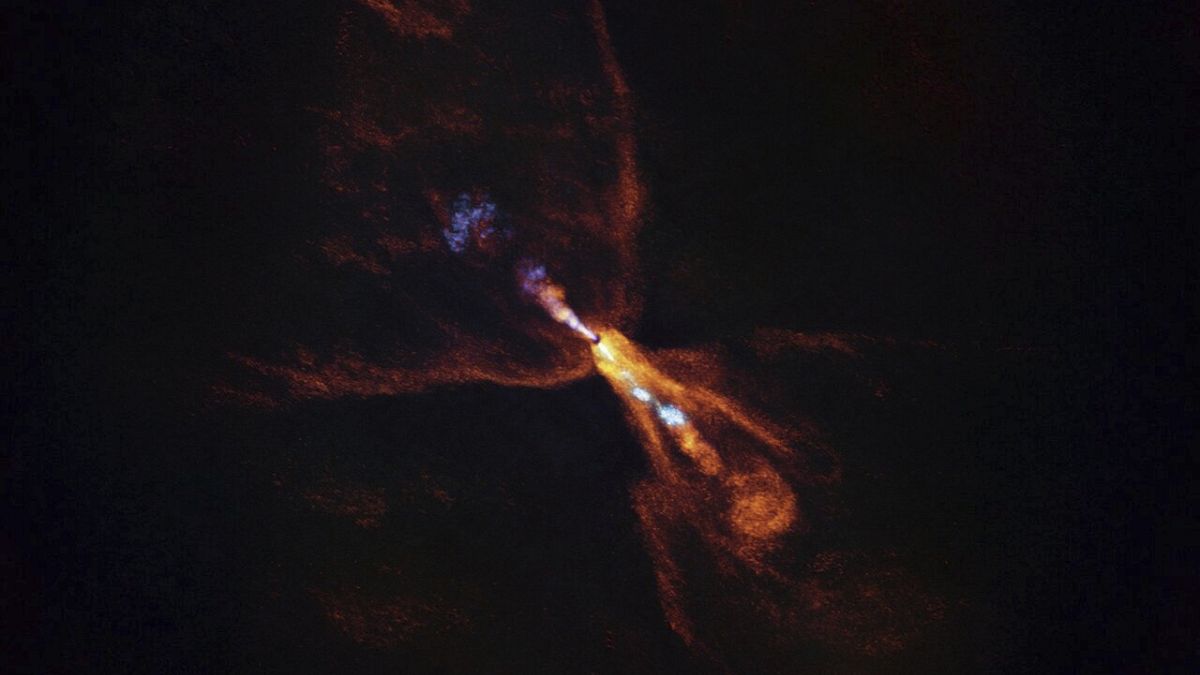

In recent days, a remarkable tapestry of developments across astronomy, health, academic publishing, and technology unfolded, providing new insights and reassurance in these diverse fields. Each story, while unique in its subject, resonates with a common theme of striving for progress and integrity.
Beginning with the vast expanse of space, astronomers have achieved a milestone by capturing some of the first-ever images of planets forming around a young star, far beyond our solar system. This cosmic phenomenon was observed deep within the gas disk enveloping a nascent star. The observations allow scientists to enrich our understanding of planetary formation, potentially illuminating the origins of solar systems, including our own. With each new discovery, the wonders of the universe seem even more boundless, and these celestial images serve as a gentle reminder of the interconnectedness of cosmic events and our life on Earth.
Closer to home, significant news in healthcare emerged. A comprehensive Danish study reaffirmed what science has consistently supported: childhood vaccines do not cause autism. Despite the persistence of this myth, fueled by misinformation, such studies play a crucial role in reinforcing public confidence in immunizations. They assure parents of the safety and necessity of protecting their children against preventable diseases. This ongoing work underlines the continued importance of scientific evidence in public health and the vital need to address misinformation with clarity and compassion.
The sphere of academic publishing has also seen noteworthy developments. Oxford University Press (OUP) has decided to cease publishing the China-sponsored journal Forensic Sciences Research. This decision follows long-standing ethical concerns regarding DNA collection practices within several papers. By taking this step, OUP highlights its commitment to upholding ethical standards and integrity in academic research, setting a precedent for other publishers to reflect on their practices. Such actions ensure that the foundations of scientific inquiry remain rooted in ethical responsibility and respect for human rights.
Meanwhile, in the realm of technology, a new internet-safe iPhone for children has been introduced in the UK. Priced at £99 per month, this device eliminates web browsers, gaming capabilities, and social media apps, as a measure to help children engage more with their immediate surroundings and real-life experiences. While its cost may pose a challenge for some families, the initiative represents a conscious effort to foster healthier technology use among younger generations. It prompts a broader discussion about the balance between connectivity and screen-time reduction, advocating for a world where technology enhances but does not dominate children’s lives.
Together, these stories embody a narrative of advancement and awareness. They demonstrate humanity’s quest to understand and improve, whether by exploring distant worlds, safeguarding health, upholding academic standards, or moderating technology use. Each story, in its own right, invites readers to reflect on the values of knowledge, ethics, and balance—cornerstones of progress in all facets of life.
The quiet hum of telescopes peering into the distant cosmos, the diligent efforts of researchers affirming the safety of medical practices, the conscientious decisions upholding the integrity of scholarly publications, and the thoughtful crafting of technology for mindful use—all echo a collective commitment to a better future. As we navigate through the complexities of modern existence, these stories offer both reassurance and inspiration. They gently encourage us to marvel at the vastness of space, trust in scientific rigor, uphold ethical convictions, and wisely integrate technology into our lives, nurturing a world that is informed, ethical, and human-centered.
Source: {link}
